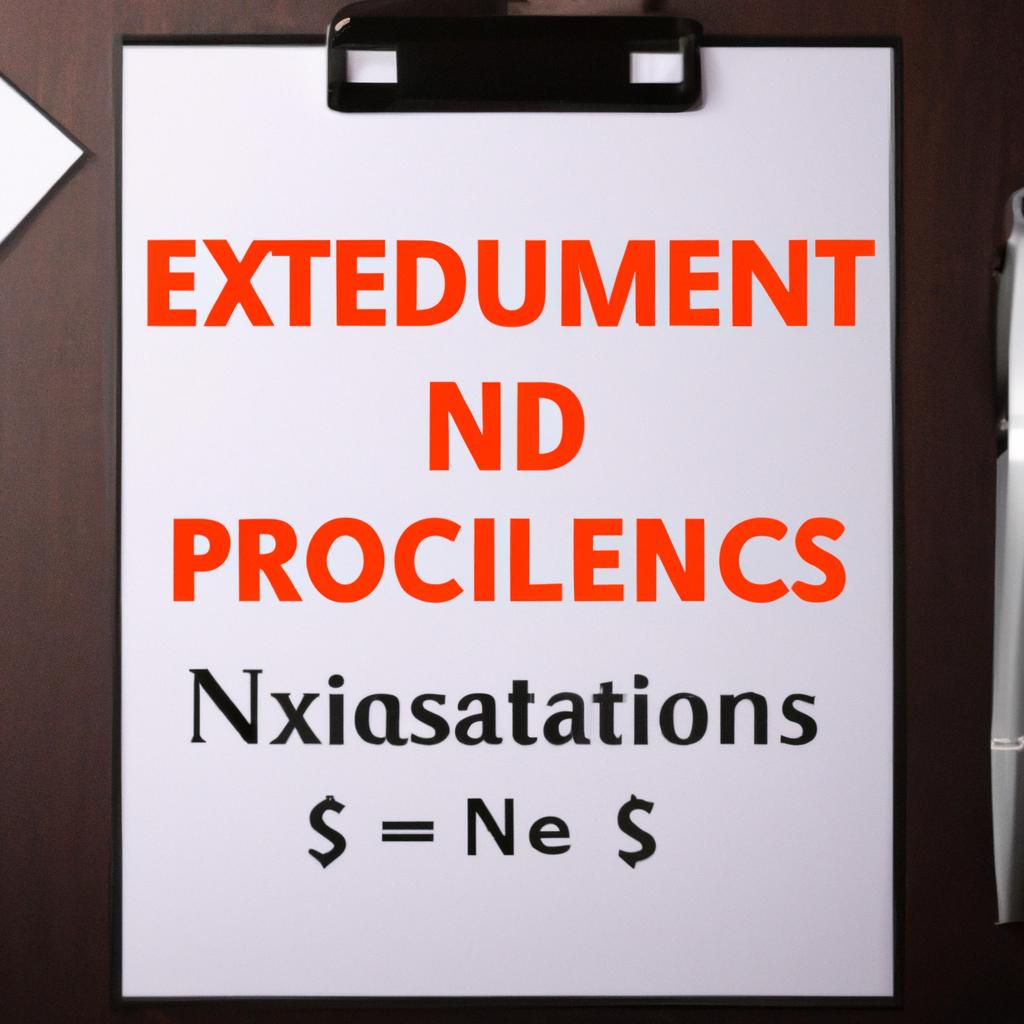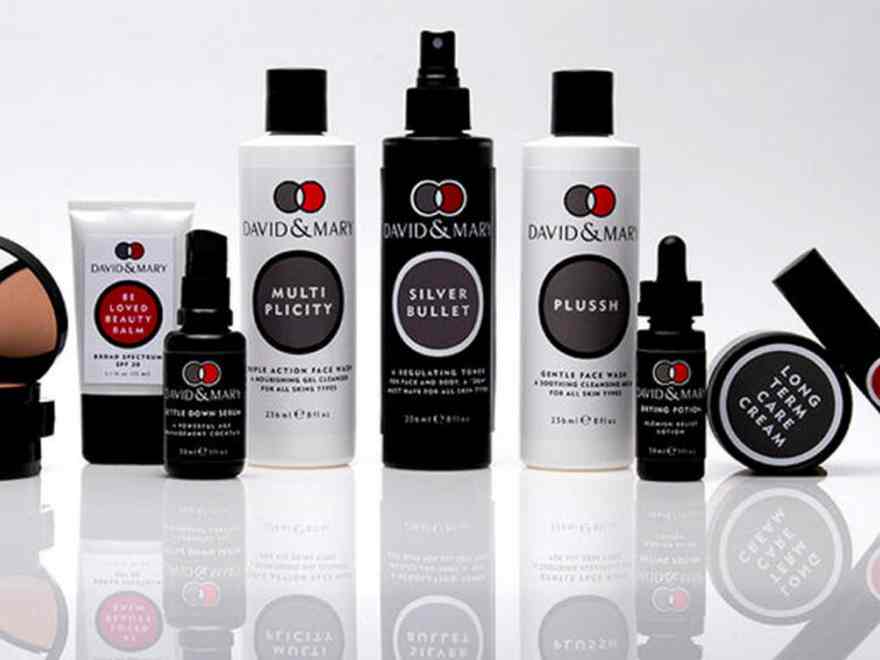Negotiation is an age-old skill, one that dances at the intersection of art and strategy. Picture this: you’re eyeing a coveted item, its price tag glimmering with promises of value, yet your mind whispers for a smarter deal. Whether you’re haggling at a bustling market, discussing terms with a vendor, or navigating the intricacies of an online purchase, mastering the art of negotiation can transform those whispers into reality. In this article, we will explore essential tips and tricks to help you secure lower prices and possibly snag bonus items from sellers. By cultivating a strategic mindset and honing your negotiation skills, you can elevate your buying experience from mere transaction to triumph. Join us as we unravel the secrets behind effective negotiation and unlock a world of savings and extra perks that await savvy shoppers.
Understanding the Psychology of Sellers for Better Deals
Understanding the mindset of sellers can significantly enhance your negotiation tactics and lead to more favorable outcomes. Sellers are often motivated by a complex mix of factors including their need to clear inventory, hit sales targets, or simply to maintain a strong relationship with buyers. By tapping into these motivations, you can craft your approach to appeal directly to their interests. For example, highlighting your potential as a repeat customer may encourage sellers to offer you better deals, as they see the value in fostering long-term relationships. Moreover, understanding seasonal trends and market fluctuations can place you in a position of strength; a seller eager to offload items during slow periods may be more willing to negotiate.
Recognizing the psychological elements at play can also empower you to effectively manage a seller’s objections and concerns. Sellers may have preconceived notions about pricing based on their own experiences and market research. Employing strategies like active listening and empathy can help you create a rapport, making them more likely to consider your offers. Other useful tactics include:
- Asking open-ended questions to gather more information about their pricing structure.
- Being patient and allowing sellers to express their thoughts fully.
- Presenting data to support your proposed price points, showcasing your awareness of the market.
By incorporating these techniques, you can shift the dynamics of the negotiation in your favor, leading not just to a lower price but potentially added bonuses as the seller becomes more willing to accommodate your requests.
| Seller Motivation | Negotiation Strategy |
|---|---|
| Clear Out Inventory | Highlight your readiness to buy immediately. |
| Sales Targets | Propose bulk purchases or package deals. |
| Customer Loyalty | Emphasize potential for future business. |
By learning to identify and respond to these psychological triggers, you can enhance your negotiating power and position yourself for better deals.

Essential Negotiation Tactics to Achieve Optimal Pricing
When it comes to negotiating for better prices, preparation is key. Take time to research the market value of the item or service you want to purchase. This information arms you with solid groundwork to justify your price expectations. Furthermore, consider creating a list of your needs, so you can express your priorities clearly. An effective tactic is to establish a rapport with the seller; relationships can often sway negotiations in your favor. Utilize active listening to signal your interest and encourage the seller to share insights or discounts they might otherwise keep under wraps.
Another crucial tactic is to embrace silence as a powerful tool. After making your offer, allow the seller to respond without interruption; this often leads them to fill the void with concessions or incentives. Don’t shy away from asking for bonuses or additional services alongside the price negotiation. Here are some key points to keep in mind:
- Stay patient: Good deals take time.
- Be flexible: Adjust your approach based on the seller’s responses.
- Know when to walk away: Sometimes, the best negotiation is knowing your limits.

Leveraging Bonus Items: Strategies to Enhance Value in Every Purchase
When negotiating, it’s essential to **highlight the intrinsic value** of bonus items during discussions. By emphasizing how these items can enhance overall satisfaction and usability of the primary purchase, you create a compelling argument in favor of including them. Consider employing tactics such as:
- Setting Clear Expectations: Clearly articulate what you hope to achieve from the negotiation and how the bonus items fit into your overall value calculus.
- Expressing Genuine Interest: Show enthusiasm about the product or service and the enhancements that bonus items can bring, making it clear that you see them as integral rather than just extras.
- Highlighting Competitors: Mention similar offers from competitors that include bonus items, thus creating a sense of urgency for the seller to match or exceed those offers.
Additionally, creating a structured **value comparison** can help elucidate the benefits of negotiating for bonus items. Create a simple table to visualize what you’re getting and the added perks that enhance the overall deal:
| Item | Base Price | Bonus Items | Total Value |
|---|---|---|---|
| Product A | $200 | Accessory Pack ($30) | $230 |
| Product B | $250 | Free Shipping ($20) | $270 |
By presenting a clear value breakdown, you not only strengthen your position but also make it easier for the seller to see the merits of including those bonus items. The goal is to elevate the conversation from a mere price comparison to a discussion about maximizing value, which is beneficial for both parties involved.
In Retrospect
As we draw the curtain on our exploration of negotiation tactics, it’s clear that mastering this art is more than just a skill—it’s a strategic dance between understanding, patience, and persuasion. Securing lower prices and additional bonuses from sellers not only enhances your purchasing power but also cultivates relationships built on mutual respect and benefit. Remember, every negotiation offers a unique opportunity; whether you’re haggling at a market or discussing terms for a major purchase, the principles we’ve outlined can help you navigate the complexities with confidence.
As you step into your next negotiation, carry with you the insights gleaned from this guide—ensure your preparation is thorough, listen actively, and maintain an open mind. Each conversation holds the possibility for not just a better deal, but a rewarding interaction that could pave the way for future opportunities. So, go forth boldly, negotiate wisely, and may every exchange leave you with the satisfaction of a well-played hand in the game of commerce. Happy negotiating!



















